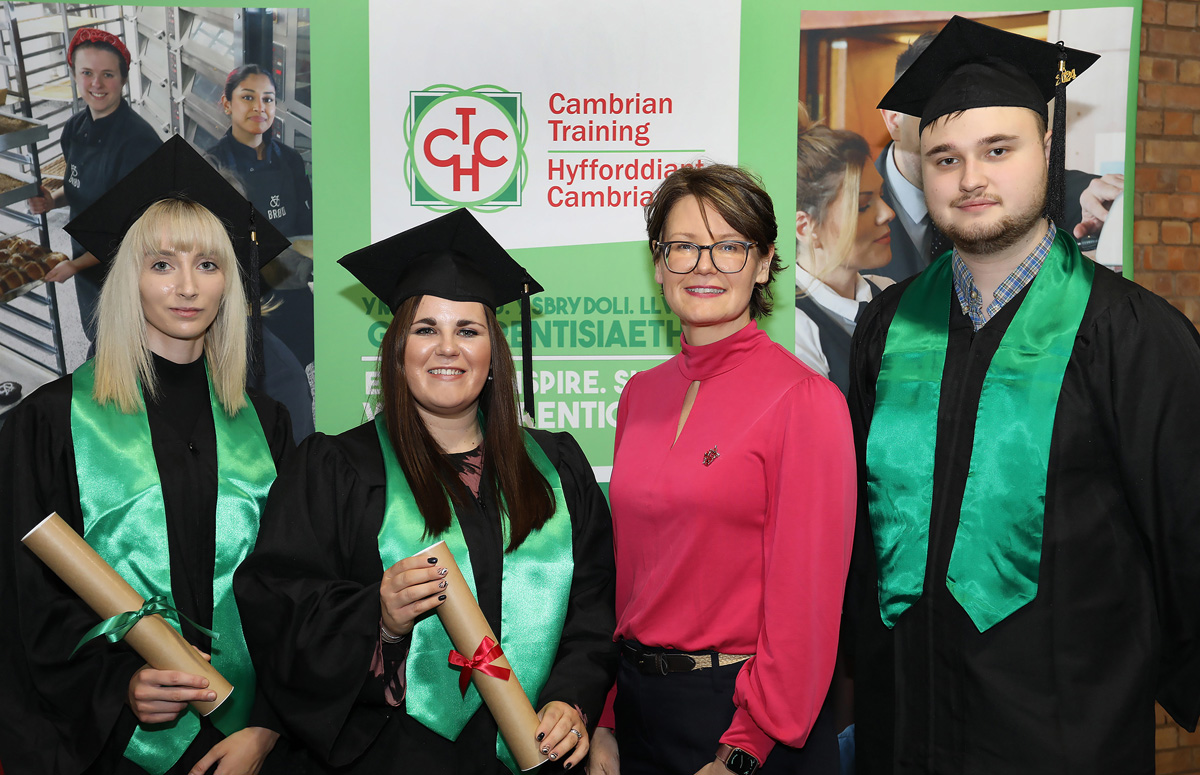Greater Manchester’s universities and colleges announce plans to work more closely together

Fourteen colleges and universities across Greater Manchester have come together with a joint commitment to addressing the skills and economic challenges facing the region.
The joint statement from 14 organisations promises closer cooperation on:
- Levelling-up across Greater Manchester and nationally to heal and build back better from the COVID-19 pandemic
- Lifelong learning
- Mental health and wellbeing
- Closer work with Greater Manchester Combined Authority to support regional priorities
- Supporting health, culture and equality
Universities and colleges in Greater Manchester supporting 200,000 learners annually and contributing £2.5bn to the regional economy have today come together to issue a joint statement on closer cooperation.
The signatories to the statement are:
Universities: Manchester Metropolitan University, The University of Bolton, The University of Manchester, The University of Salford, The Royal Northern College of Music.
Further Education Colleges: Bolton College, Bury College, Hopwood Hall College, The Manchester College, Oldham College, Salford City College Group, Tameside College, Trafford College Group, Wigan & Leigh College.
Further and Higher Education Collaboration
Statement from Greater Manchester Colleges of Further Education and Universities
Our Commitment to Greater Manchester
- As leaders of the nine Further Education (FE) and five Higher Education (HE) institutions in Greater Manchester, we have come together to maximise our contribution to making the city region a great place to study, live and work.
- Collectively, we support 200,000 learners annually, provide learning services directly to 15,000 employers in GM, employ 25,000 people, and contribute £2.5bn to the GM economy.
- Our focus is on delivering a high-quality responsive system for lifelong learning, but our collaboration transcends educational needs to contribute to a resilient and vibrant economy and inclusive society and for all in Greater Manchester.
- Our institutions support communities across Greater Manchester, building a sense of place and shared identities, and supporting social mixing, aspiration and ambition.
- Our institutions contribute to the health and wellbeing of those in GM in many other ways, including our teaching hospitals and the training of healthcare professionals, research and training and supporting the mental health of our students.
- Our institutions also enrich the arts and cultural life of our city region through extensive community engagement activities and the provision of major cultural assets, including museums, theatres and music and arts venues.
- In launching our new partnership, we are committed to:
o Making a significant contribution to the Government’s ambition for a truly Global Britain, levelling-up across GM and nationally to heal and build back better from the COVID-19 pandemic.
o Creating an adaptable, flexible and accessible post-16 education system that enables all individuals to progress and gain the skills they need for employment and life.
o Supporting the wellbeing and mental health of our staff, students and communities.
o Working with the Mayor, Combined Authority, employers and others to deliver the Local Industrial Strategy, GM Strategy, GM’s ambitious carbon neutral targets and to address regional inequalities.
- Our aim is to create a distinctive, world-leading and locally relevant further and higher education ecosystem for Greater Manchester that will be an exemplar for other regions across the UK, delivering:
o Clear progression pathways between GM institutions and into higher skills training and/or high value employment.
o Improved access to post-18 education for all.
o A distinctive model to signpost learners to opportunities across GM.
o Opportunities for older learners to develop new skills/re-train post Covid.
o New joint programmes that are responsive to regional needs.











Responses